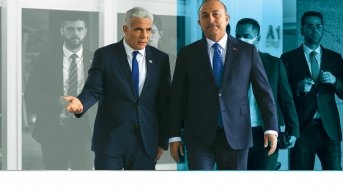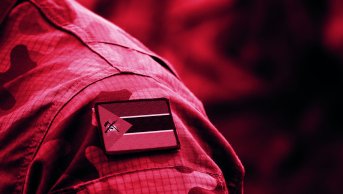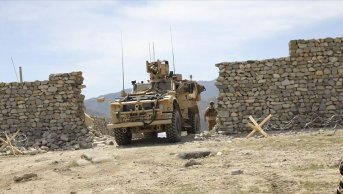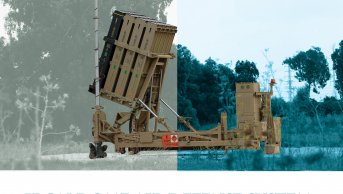DAESH’s Surprise Attack on Kirkuk and Its Possible Expectations
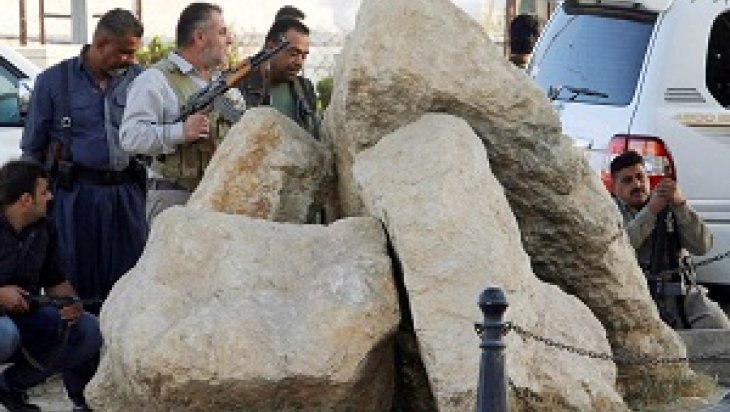
DAESH started an attack on Kirkuk in the early morning of October 21, 2016 amidst all the controversy about the Mosul operation. While the forces in the Mosul operation claimed to be making some progress in the relatively much easier villages to control around Mosul, a surprise attack on Kirkuk was carried out by DAESH terrorists. It is considered that once the forces start to make progress into Mosul, urban warfare and booby traps within the city would make the operation more costly and time-demanding in time, an assumption echoed by both Iraqi Security Forces and the coalition forces. Even before that, it seems that DAESH would put some serious effort to make it more costly with all the capacity it has at its hand.
The attack is believed to be carried out not only by DAESH militants who succeeded to have access to the city, but also by the sleeper cells of DAESH within Kirkuk. The attacks came at a time just after the Kirkuk Governor Najmaddin Karim and Iraqi PM Abadi exchanged ideas about an attack on Hawija in the coming days in order to liberate this district of Kirkuk from DAESH control. Following the attack, an intense information warfare between the peshmerga and the Governor of Kirkuk and DAESH began, as well. The administrative authorities in Kirkuk strived to assure people that the situation is under control, no government buildings are accessed by DAESH, peshmerga forces are handling the situation and infiltrated DAESH terrorists are killed. However, it is also announced that due to the complex security situation, Friday prayers in the city were cancelled, a curfew is in place and any movement into and out of the city is not allowed for the time being. Both DAESH and peshmerga started to send reinforcements to the city effective from early morning. It is also speculated that HPG (PKK) forces also support peshmerga to foil DAESH attack. DAESH, meanwhile, announced that it controls eight neighbourhoods already and even claimed that it controls half of the city. It also announced that the group interrupted the road between Dibis district and Kirkuk city. The group used mosque speakers in order to call people inside to side with them and support their attack. It is also reported that DAESH militants take hostages from mosques, kindergartens and homes during their advance and the group placed dozens of snipers on the rooftops in the city. Three DAESH suicide bombers attacked a power plant in Dibis, which is being expanded by the Iranian firm Sunir, killing 12 Iraqi administrators and 4 Iranian workers. The group also stormed a local prison and started to release prisoners according to reports. Assault rifles, sniper guns, IEDs and suicide bombers seems to be the key tools for DAESH in this attack so far. The anti-DAESH coalition started airstrikes on DAESH-controlled areas, whereas DAESH started to burn oil to avoid airstrikes. At the time of writing, observers from Kirkuk report that gunfights were still on and a complete control of the situation is not yet achieved.
The attack seems to be a timely attempt by DAESH to cause some distraction not only amidst the controversies about the Mosul Operation, but also in the wake of upcoming Hawija operation. It has the potential to distract some of the human and financial resources of the peshmerga forces that might join the Mosul operation. Considering the diverse ethnic, religious, and sectarian demographic structure of Kirkuk, the attack might also aim at inflaming internal tension within Kirkuk, which would in turn, further complicate the question of who and how will take part in the Mosul operation and the post-DAESH administrative structure in Mosul. Considering the presence of Shi’a population in the city and Husseinias, together with DAESH’s call for Sunni population in the city to join them in the surprise offensive, this potential needs to be closely monitored. Reports also suggest that DAESH allowed some civilians to escape from the city in return for bribes and ransoms which would directly contribute to the group’s financial income. In the face of territorial and financial losses and being exposed to a several fronts-war, DAESH seems to strive for both achieving some financial gains through bribes and ransom and to regain some of its loss of prestige by carrying out the attack and showing that not only the Mosul operation in particular, but also achieving post-DAESH atmosphere in Iraq in general would be easy tasks with short-term military gains. With its rich hydrocarbon resources, Kirkuk stands out as a key target for the group since via any damage to extraction and trade in these resources would both damage the KRG’s already highly fragile economy, which among other things, would further complicate the question of paying the peshmerga forces’ wages. So far, any successful attack by DAESH on oil or gas networks is not recorded. Even though DAESH attack might well be contained (and claimed to be already almost done at the time of writing) considering the small amount of infiltration of DAESH-affiliated militants as well as the strong peshmerga presence in the city, hours of fighting shows the limitations of the power of peshmerga and the possible impacts of similar surprise attacks by DAESH. For future strategy-planning in Iraq against DAESH, it is also important to note the group’s strategy of using sleeper cells and diversion attacks which underlines the assumption that putting an end to the group’s presence in Iraq would be a quite demanding task.

